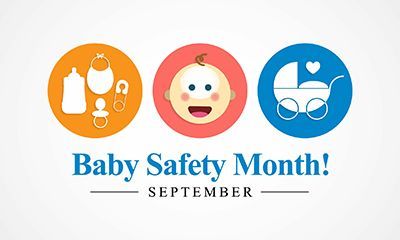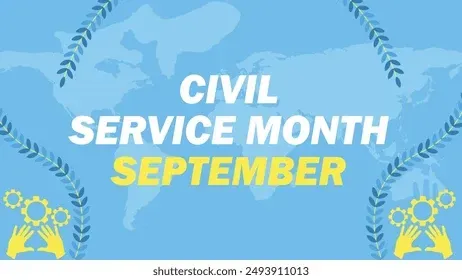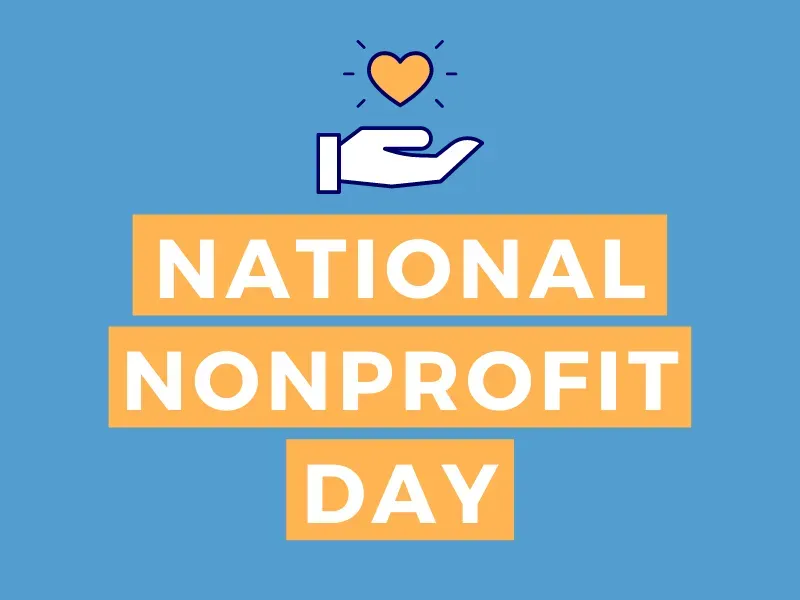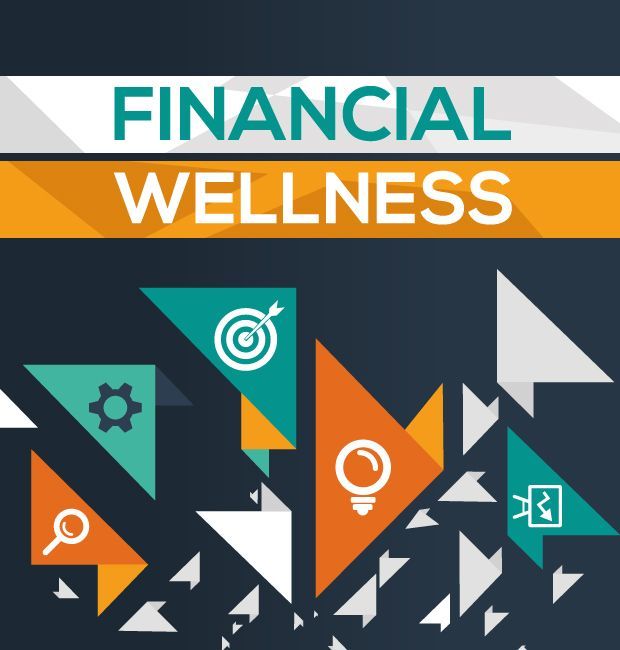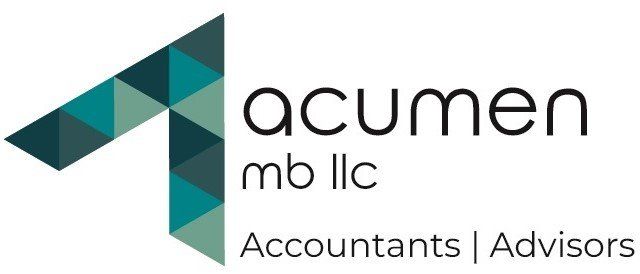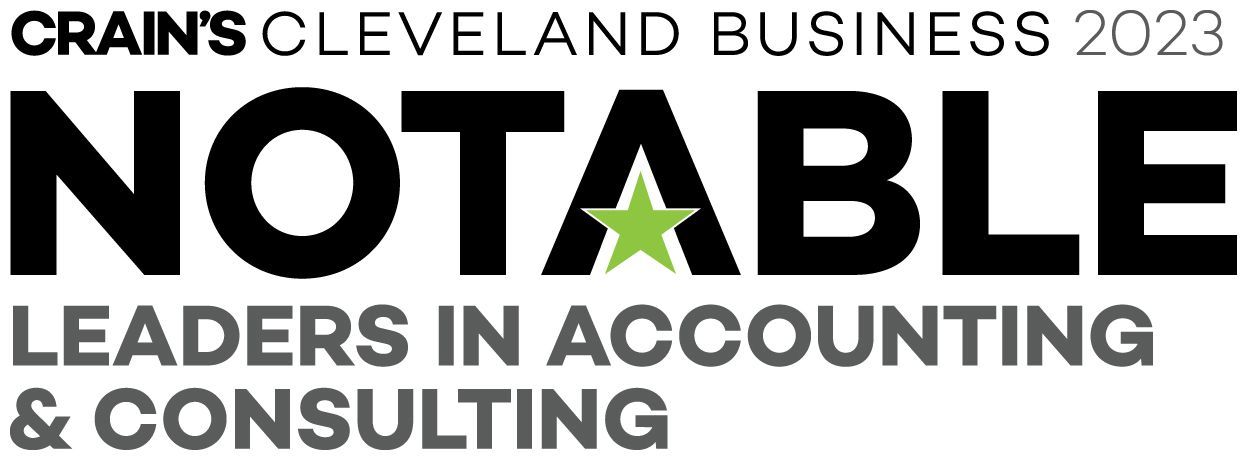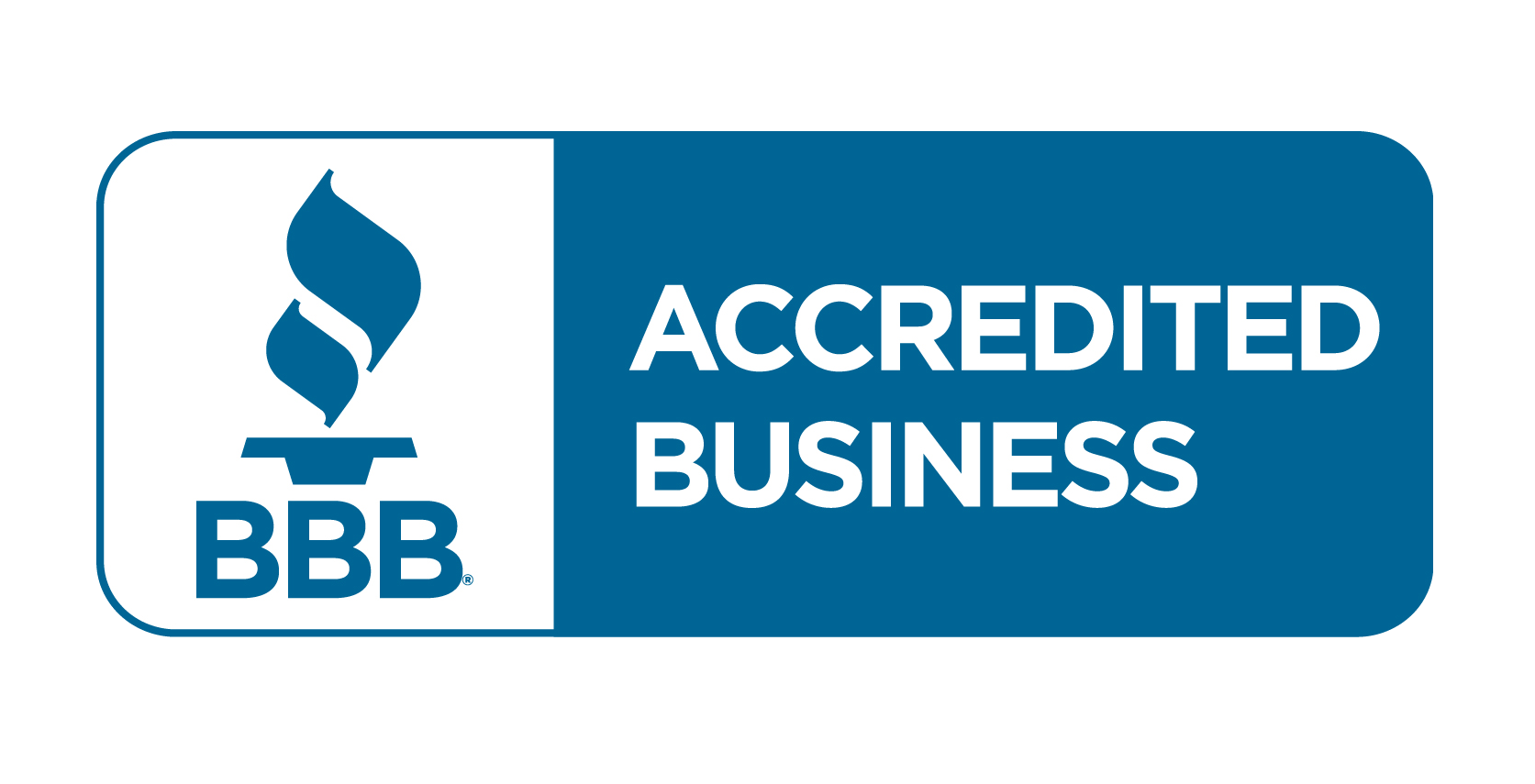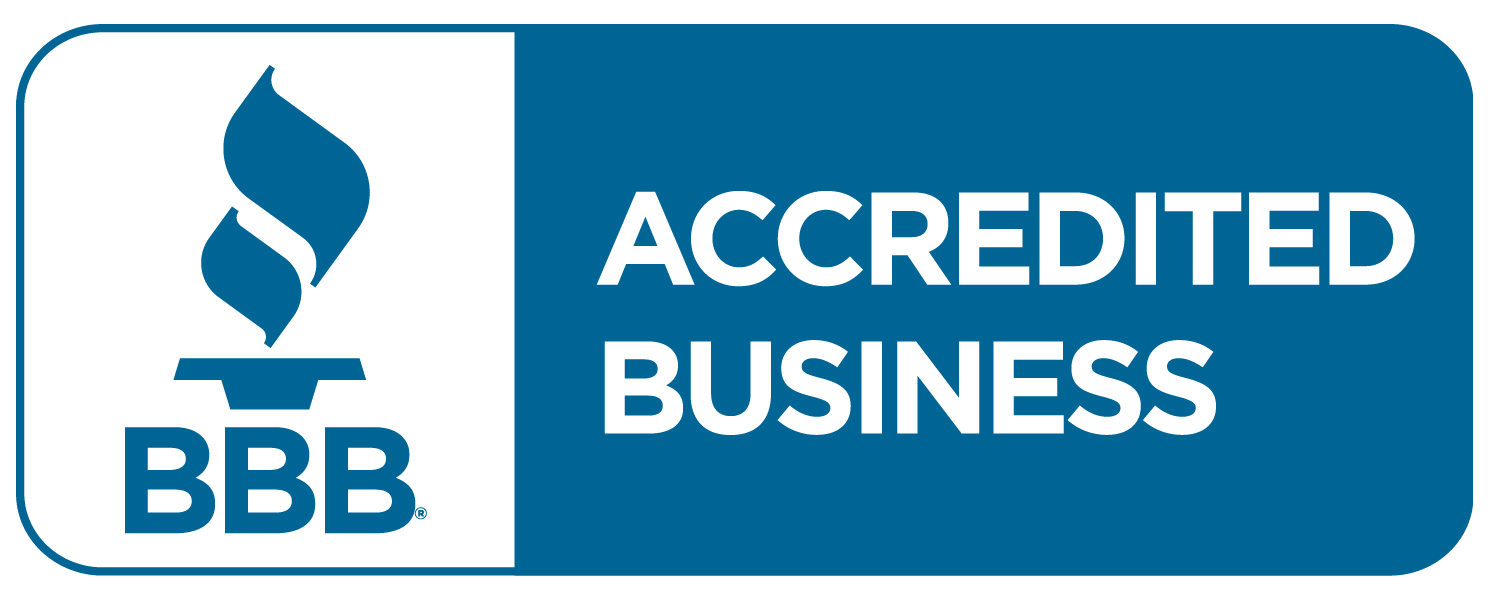By Amanda Beder
•
August 1, 2025
Ohio’s Sales Tax Holiday runs for a full 14 days in 2025—from 12:00 AM on Friday, August 1 through 11:59 PM on Thursday, August 14. During this period, all tangible personal property priced at $500 or less per item is exempt from Ohio state sales tax (5.75%) and most local taxes. What's Covered—and What's Not Eligible items include (but aren’t limited to): Back‑to‑school supplies and clothing Electronics (tablets, TVs, computers) Furniture, kitchenware, home décor, and indoor/outdoor plants Sporting goods, books, pet supplies, and even dine‑in food and beverages—as long as each item is under $500 Not eligible for the exemption: Items priced over $500 Motor vehicles, watercraft/outboard motors, alcohol, tobacco, vapor products, and items containing marijuana Services—except when repair or installation parts are individually itemized under $500 Tax Savings in Practice Residents of Cuyahoga County usually face a combined sales tax of around 8%. That means, on a $500 eligible purchase, you can save about $40 in tax alone. If you make multiple purchases under $500, each fully qualifies, so total savings can significantly stack—especially for bulk items or multiple family members. How to Plan Effectively From a tax-wise standpoint, here's how to get the most value during the holiday: Identify eligible purchases: Review your back‑to‑school or household shopping list and ensure each item is priced at $500 or less. Use discounts smartly: Apply coupons or in‑store promotions to bring a product under the $500 threshold—it then qualifies for exemption Track item-by-item pricing: If items are bundled but exceed $500, the bundle is fully taxable—even if shopped separately Buy online or offline freely: Purchases made and paid for during the holiday qualify—even if shipping or delivery happens later. If your order combines exempt and non-exempt items, shipping charges need proportional allocation. Keep receipts and monitor returns: Save proof in case a retailer improperly charges tax. Exchanges within the window should remain tax-free for eligible items. However, returns after the holiday or exchanges for non-eligible items could trigger sales tax Why It Matters from a Tax Perspective As an accounting firm, we see families and small businesses struggle with rising costs—from inflation to rising tariffs. The expanded Ohio Sales Tax Holiday helps alleviate some of that burden by offering direct tax relief on everyday purchases. It’s a one-time tax benefit—not a deferral—meaning consumers keep more of their earnings. For families doing back‑to‑school shopping, launching college, or updating household essentials, this holiday offers immediate savings. How Businesses Should Prepare Ensure POS systems are ready to automatically exempt qualifying items Train staff on the $500-per-item rule and eligible vs. excluded categories Communicate policies clearly around layaways, exchanges, and how tax is allocated when mixed baskets are purchased Prepare UST‑1 forms properly during tax filings to report exempt vs. taxable sales accurately Final Tips from Acumen MB LLC Plan purchases ahead, especially if multiple family members are involved. Maximize exemptions by breaking larger bundles into smaller units under $500. Shop for essential items early—especially electronics, clothing, or school gear. Document everything—save receipts, note exchanges, and if incorrectly taxed, ask for a refund or contact the Ohio Department of Taxation.

